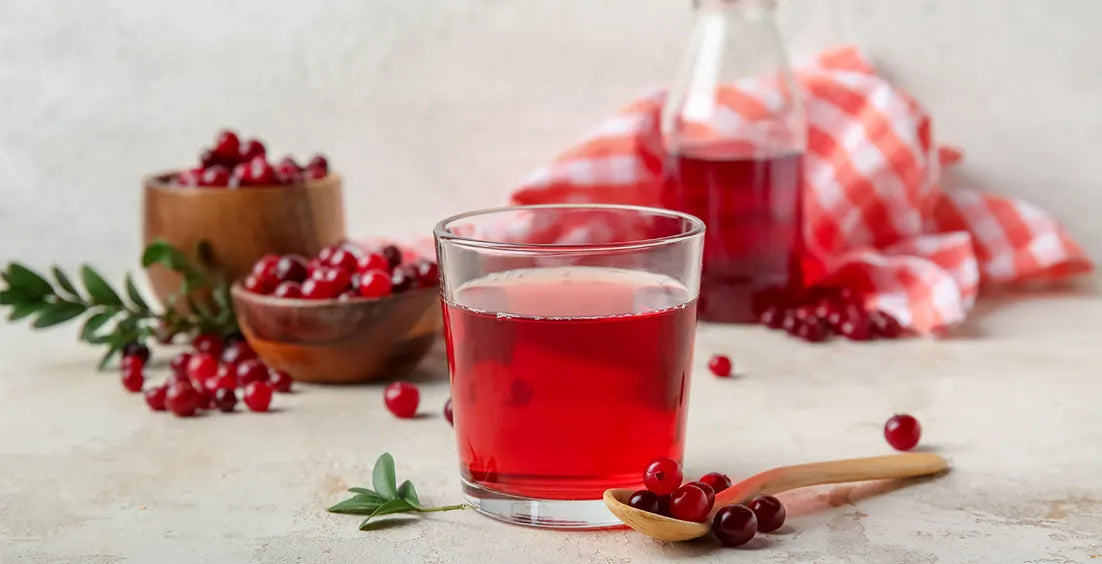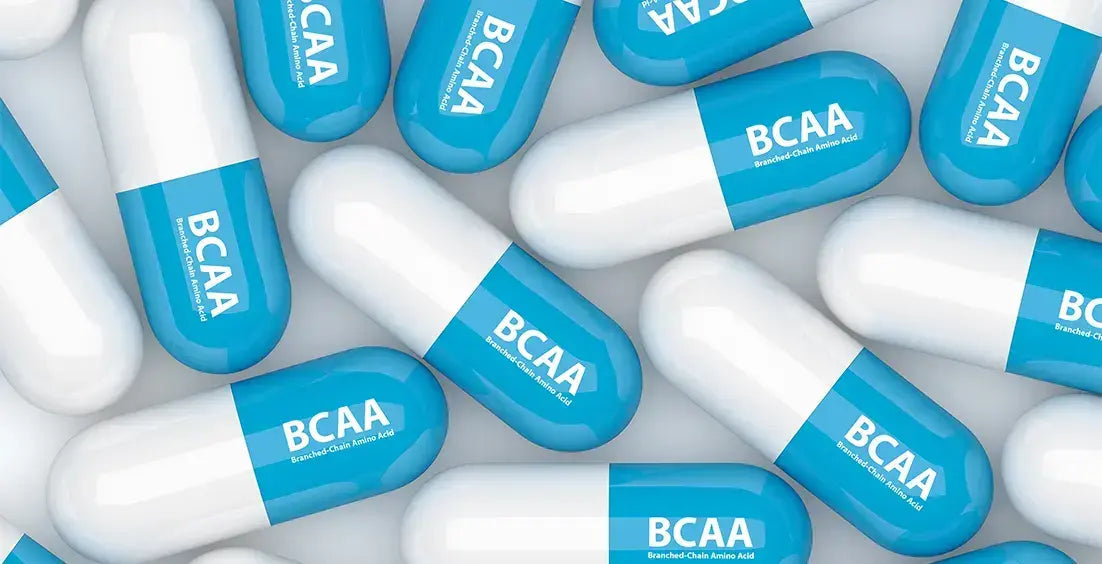Cranberry Juice: Uses, Benefits and Side Effects
Cranberries are rich in vitamins and minerals that support immune health. Discover cranberry juice benefits, uses, side effects, and safety tips in this article.

Quick Facts: Cranberries Benefits
Cranberries benefit male health by supporting the prostate gland. Cranberries are rich in flavonoids and polyphenols, which may benefit overall cardiovascular health and help prevent heart diseases.
Cranberries may benefit females immensely by promoting urinary tract health. Cranberries can offer significant skin health benefits, particularly for females. Culinary applications include adding a tart zest to beverages, sauces, sorbets, jellies, and baked goods.
About Cranberry Juice
Cranberry juice is a highly acidic beverage prepared from fresh cranberries, containing various nutrients and antioxidants. Consumers enjoy it for its delicious taste and numerous benefits to their health.
Due to its red color, cranberry juice is popular among people who are searching for a healthy and tasty drink. It is primarily recognized for its capability in supporting the urinary tract and having high antioxidant properties.
In the North American diet, Cranberries had been a part for centuries, especially for Native Americans who utilized fruits for food, medicine, and dye. Today cranberries are primarily produced in the United States and Canada and cranberry juice is consumed globally for nutritional and culinary values.
Uses of Cranberries
Culinary Uses
Cranberries are available in multiple product forms, catering to different consumer preferences and culinary needs. Some of the most popular cranberry-based products include:
- Cranberry Juice: It's refreshing and healthy! Enjoy it on its own, or mix it into cocktails and smoothies.
- Dried Cranberries: Perfect for snacking, and adding to trail mix, granola, and cereal. Great for baking and cooking too.
- Cranberry Extract Supplements: Want the benefits without the tart taste? Try cranberry supplements or extracts, which often come with added vitamin C.
It is also well suited to be used as a base for sauces such as during the festive season like Thanksgiving and best paired with turkey. If you are a fan of deserts then you can incorporate cranberry juice into more complex foods such as sorbets, jellies, or baked products.
Medicinal Uses
Cranberries are recognized as one of the healthiest berries, providing a wide range of health benefits. Not only are cranberries sharp and sweet, but they have also been employed as remedies for several seasons. The original people of America commonly referred to as Native Americans named these fruits ‘bitter berries’ and used them to treat injuries and stomach issues among others.
What is well understood today: cranberries have a preventive action against UTIs because they contain specific compounds that do not let bacteria stay. Cranberries contain substantial amounts of antioxidants, including C and E; they also enhance your immunity and may reduce the probability of heart illness and cancer.
Supplement Uses
Cranberries aren't just for cooking; they also come with awesome health benefits. That's why you can find cranberry supplements in capsules, powders, and extracts. These give you all the good stuff from cranberries in an easy, concentrated way.
CapsulesCranberry capsules are a popular choice. They come with a standardized extract, so you always get the same strength.
PowdersCranberry powders are super flexible. You can mix them into smoothies, yogurt, or even baked goods.
Benefits of Cranberries
Cranberries are not just limited to festivals or Thanksgiving Day or even an additional fruity taste in our drinks. These small red fruits are some of the most nutritious foods you can consume. These are packed with free-radical-fighting antioxidants, vitamins, and minerals that can enhance your health.
Another main benefit of cranberries is that they contain antioxidants. Some compounds like polyphenols and flavonoids found in cranberries have antioxidant properties that assists in battling free radicals which are associated with common diseases including cancer and heart diseases.
Cranberries also help prevent cardiovascular disease because of their anti-inflammatory compounds as well as their ability to modulate the function of blood vessels. Further, the fiber in these foods facilitates good digestion and prevents constipation among Consumers.
Cranberries are very useful and can be taken in the form of juices, dried cranberries, or even supplements, thus extending the benefits of cranberries.
Cranberries Benefits for Women Health
Urinary Tract HealthFemales experienced benefits from consuming cranberries for UTI. They have proanthocyanidins that stop bacteria from sticking to the walls of the urinary tract, which is super helpful for women who get urinary tract infections (UTIs) often. Adding cranberries to your diet can help cut down on UTIs and keep your urinary system healthier. For those seeking comprehensive strategies beyond cranberries, exploring d-mannose dosing for UTI prevention might be the next step in your wellness journey.
Skin BenefitsCranberries are also fantastic for your skin. They're packed with antioxidants that fight free radicals. Plus, the vitamin C in cranberries is key for making collagen, which keeps your skin elastic and firm. Eating cranberries regularly can give you a more youthful and glowing complexion.
ALSO READ - How Does vitamin C Help Collagen Production?
Additional Health PerksThere are other cranberries benefits for the body. They boost the immune system. They contain essential nutrients such as vitamin E, vitamin K, manganese, and many other nutrients that are known to boost your health. They also contain a lot of diet fibers, and this is because they assist in digestion and managing body weight.
Cranberries Benefits for Male’s Health
Heart HealthCranberries benefit men by helping improve the functioning of the heart. Cranberries contain flavonoids and anthocyanins, which are polyphenols that exhibit antioxidant and anti-inflammatory effects. These compounds are beneficial to maintain the proper structure of blood vessels and increase their functionality to prevent heart diseases.
Cranberries can be consumed regularly to reduce LDL cholesterol levels, the ‘bad’ cholesterol, and increase HDL cholesterol, the ‘good’ cholesterol that leads to a healthy heart, therefore decreasing incidences of heart attacks and strokes.
Digestive AidAnother relevant cranberries benefit for men is their ability to promote proper digestion. Cranberries are an excellent source of dietary fiber, which is important to regulating bowel movement, hence controlling conditions such as constipation and diarrhea.
Due to the high fiber content, the stool becomes bulky and is thereby easier to pass through the digestive system. Also, the substances in cranberries form a barrier and inhibit the E. coli bacteria from attaching themselves to the urinary tract and the lining of the gut, thus enhancing the flow of digestion.
Including cranberries in the daily diet provides those benefits and helps to maintain health. If consumed fresh, added to juices or dried fruits combinations, cranberries may be beneficial for people, improving both their heart and digestion.
Potential Side Effects and Precautions
While the cranberries benefit are many, it's important to be aware of potential side effects and take precautions for safe consumption. Here are some key points to consider:
Stomach ProblemsToo much cranberries can upset your stomach. You might feel discomfort, have diarrhea, or experience bloating. It's best to drink it in moderation to avoid these issues.
Medication InteractionsCranberries may interact with some medications, especially blood thinners like warfarin. The antioxidants in cranberry juice can change how these drugs work, which might cause problems. If you're on medication, talk to your doctor before adding cranberry juice to your diet.
Allergic ReactionsSome people might be allergic to cranberry juice, though it's rare. Reactions can range from mild, like skin rashes, to severe, like trouble breathing. If you think you're having an allergic reaction, stop drinking cranberry juice and get medical help.
Conclusion
Cranberries are very rich in several nutrients and thus should be incorporated into the meals of anyone. It has very strong antioxidant properties, works on the ability of the urinary system, and is not just a Christmas delight. The Cranberries benefits are related to the heart and digestion and as a source of vitamins and minerals.
They prove useful for women, especially in matters concerning the urinary tract and skin, and for men, primary benefits are related to heart function and digestion. Thus, incorporating cranberries into your daily diet through juice or cranberries, dried fruit, or supplements is a great strategy for improving your health.
Learn More About the Essential Nutrients:
About WOWMD Staff
The WOWMD Staff category features a diverse team of writers, each bringing specialized knowledge in areas such as nutrition, fitness, wellness, and more. Articles in this category benefit from insights provided by multiple experts. All content is peer-reviewed and regularly updated to ensure compliance with our editorial standards.
References
- Cranberries - One of Three Native Fruits to North America (uada.edu)
- Cranberry: Chemical Composition, Antioxidant Activity and Impact on Human Health: Overview - PMC (nih.gov)
- Cranberries for preventing urinary tract infections - PubMed (nih.gov)
- Cranberry Juice Polyphenols Inhibited the Formation of Advanced Glycation End Products in Collagens, Inhibited Advanced Glycation End Product-Induced Collagen Crosslinking, and Cleaved the Formed Crosslinks - PubMed (nih.gov)
- Cranberries and Their Bioactive Constituents in Human Health - PMC (nih.gov)
- Effects of Cranberry Juice Supplementation on Cardiovascular Disease Risk Factors in Adults with Elevated Blood Pressure: A Randomized Controlled Trial - PMC (nih.gov)
- Impact of Cranberries on Gut Microbiota and Cardiometabolic Health: Proceedings of the Cranberry Health Research Conference 2015 - PMC (nih.gov)
Evidence Based Research
This WOWMD content has been reviewed, as well as checked for facts, so as to guarantee the best possible accuracy.
We follow a strict editorial policy, especially related to the sources we use. Our articles are resourced from reputable online pages, with research drawn from academic institutions and peer-reviewed studies. You can click on the numbers in the parentheses (1, 2, etc.) and check out those references.
The feedback form on this page can be used to report content that is not accurate, up-to-date or questionable in any manner.
We do NOT intend for the information presented through our articles to replace the medical relationship with a qualified physician, nor does it represent specialized advice.


 Skin Detoxification Bundle
Skin Detoxification Bundle Complete Weight Loss Bundle
Complete Weight Loss Bundle Heart Care Bundle
Heart Care Bundle Better Immunity Bundle
Better Immunity Bundle  Men's Immunity & Prostate Health Bundle
Men's Immunity & Prostate Health Bundle Stress + Energy + Wellness Combo
Stress + Energy + Wellness Combo  Energy Booster Combo
Energy Booster Combo Natural Skin Care Bundle
Natural Skin Care Bundle Workout Supplements Combo
Workout Supplements Combo Cognitive Health & Vision Combo
Cognitive Health & Vision Combo Joint Health Support Combo
Joint Health Support Combo

















 By WOWMD Staff
By WOWMD Staff